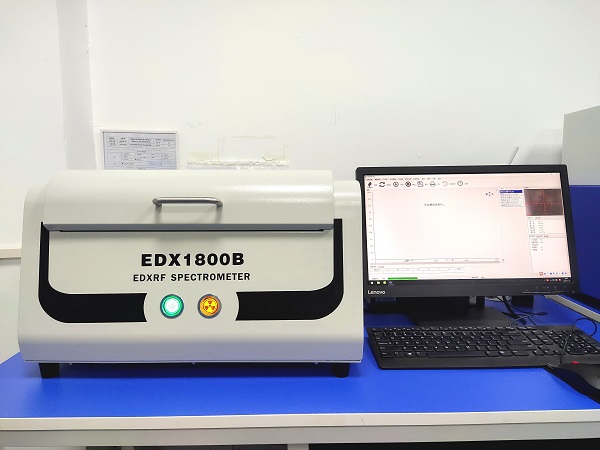Welcome to the official website of Shenzhen Bubujing Technology Co., Ltd.
-
 contact number
contact number15013815515
-
 email address
email address -
 office hours
office hoursMon-Sat: 9.00am to 18.00pm
Welcome to the official website of Shenzhen Bubujing Technology Co., Ltd.

15013815515


Mon-Sat: 9.00am to 18.00pm
Shenzhen Bubujing Technology Co., Ltd.
Mobile: 15013815515
Fixed line: 0755-82886755
Email: bbj001@szbbj.cn
Website: www.bbjconn.net
Factory address: Building 124-128, Seventh Industrial Zone, Mashan Tou Community, Matian Street, Guangming District, Shenzhen
Environmental testing requirements for type-C manufacturers and their far-reaching significance
type-C manufacturerToday, with the increasing global awareness of environmental protection, we are facing increasingly stringent environmental testing requirements. These tests are not only a test of the environmental performance of products, but also an important way for manufacturers to fulfill their social responsibilities and enhance their brand image. This article will provide an in-depth analysis of type- C manufacturers’ requirements for environmental testing and explore the far-reaching significance behind them.
Type-C manufacturers first need to understand and comply with international and domestic environmental regulations. For example, the EU's RoHS directive limits the use of specific hazardous substances in electronic products, while the REACH rules impose strict regulations on chemical registration, evaluation, authorization and restriction. Requirements. Type-C manufacturers must ensure that their products comply with these regulations and pass corresponding environmental tests to avoid legal risks and market access barriers.
Type-C manufacturers also need to pay attention to the recyclability and degradability of products during environmental testing. With the promotion of the concept of circular economy, consumers and governments are increasingly paying attention to the environmental impact of products. Type-C manufacturers need to pass Test and evaluate the recycling potential of product materials and their ability to degrade in the natural environment, thereby designing more environmentally friendly products.
Type-C manufacturers should also pay attention to the energy efficiency performance of their products during environmental testing. As the energy crisis and climate change problems intensify, it has become a global consensus to improve the energy efficiency of products. Type-C manufacturers need to pass energy efficiency testing to ensure that their products are in use The energy consumption in the process complies with international standards and even reaches higher energy efficiency levels in response to the call for energy conservation and emission reduction.
Type-C manufacturers must also consider the chemical emissions of their products during environmental testing. Electronic products may release harmful chemicals during production and use, affecting the environment and human health. Type-C manufacturers need to pass chemical substances Emission testing, monitoring and controlling the release of these substances ensures that the impact of products on the environment is minimized.

Type-C manufacturers should also pay attention to the life cycle assessment of the product during environmental testing. Life cycle assessment is a method to comprehensively evaluate the environmental impact of the product in the entire process from raw material acquisition, production, use to disposal. Type-C manufacturers have passed Life cycle assessment can identify and optimize the environmental impact of products at each stage, thereby achieving environmental management of the entire product life cycle.
To sum up, the environmental testing requirements of type-C manufacturers cover many aspects such as regulatory compliance, recyclability, energy efficiency performance, chemical emissions and life cycle assessment. These tests not only help type-C manufacturers ensure Products comply with environmental standards, avoid legal risks, and enhance the product market competitiveness and enhance consumers’ trust in brands. In addition, environmental testing is also an important means for type-C manufacturers to fulfill their social responsibilities and promote sustainable development. By actively responding to environmental testing requirements, type-C manufacturers can protect the environment while Achieve long-term development of the enterprise and maximize social value.
Mr. Lee
15013815515
No. 7 Industrial Zone, Mashantou Community, Matian Street, Guangming District, Shenzhen
(Building 124.125.128, No. 1 Industrial Park, Mashantou, Guangming Jianfa)
bbj001@szbbj.cn
